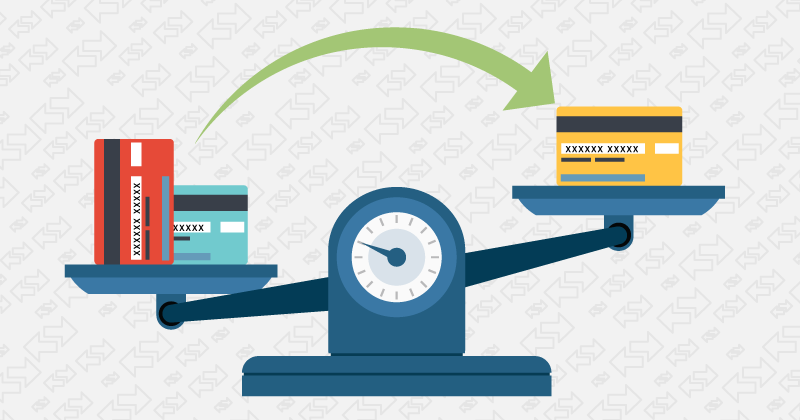Ever wondered if you might benefit from a balance transfer? Do you have thousands in credit card debt? What is your interest rate? Do you know? Here are guidelines and benefits for balance transfers.
Play the Credit Utilization Game
Check out any good article on how to game your credit score. The amount of your credit you use (Credit Utilization) is crucial every time.
Lowering the amount of credit you use will immediately increase your credit score in 99% of cases.
You’ll need to keep in mind that there’s usually a fee charged on a balance transfer, so if the difference in the interest rates isn’t at least a couple of percentage points, the new APR difference is effectively negated. Find 0% APR cards.
One caveat: don’t use your increased utilization and interest-free period as a reason to overspend.
Remember . . . There’s Always a Catch
There are fees, limitations and deadlines that impact the way you handle the card. You may be able to avoid the fee, however, by shopping around. We used the Slate by Chase card which waives the fee for transfers done within the first 60 days, but it’s not always possible. You may not be able to transfer your entire balance, either, depending on the card’s limits.
Additionally, if you’re 60 days late with a payment, the zero-percent offer can be revoked. And make sure you know what interest rate you’ll be paying once that intro period is over.
Do the math. A balance transfer card used the right way can save you a fortune in interest. Use a simple interest calculator. We saved thousands in interest over 8 months. Now is the perfect time to knock down your debt. Interest rates are already at record highs and are only going to keep rising, so that debt will only get more and more expensive.
And don’t close your previous card once you pay it off, or you risk lowering your credit utilization, and your score. Stick that old card in a drawer somewhere.
All of that said—it is quite possible you won’t get approved for a balance transfer card, particularly if your credit isn’t good. Don’t just apply for every balance transfer card out there, as that will further damage your score.
So before you start applying, check your credit score to make sure it’s at least 660. Credit karma and Credit Sesame are great free options. If so, look for your best offers, paying special attention to the fees charged. WalletHub, NerdWallet, and CreditCards.com all have a wealth of information on the best balance transfer options.
Stay rational. Avoid credit card interest debt.
-B&T
